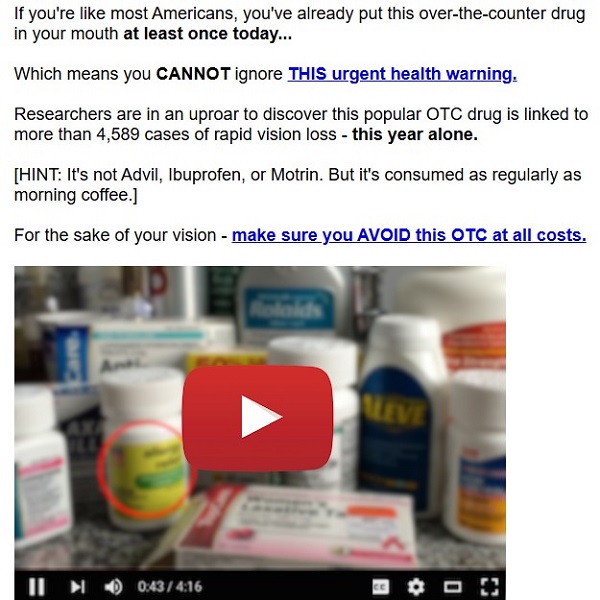
1 WORST Food for Vision Loss





d States musicians have had the right to record a version of someone else's previously recorded and released tune, whether it is music alone or music with lyrics. A mechanical license can be negotiated between representatives of the interpreting artist and the copyright holder, or recording published tunes can fall under a compulsory license whereby the recording artist pays a standard royalty to the original author/copyright holder through an organization such as the Harry Fox Agency or Easy Song Licensing, and is safe under copyright law even if they do not have any permission from the original author. A similar service was provided by Limelight by RightsFlow, until January 2015, when they announced they will be closing their service. The U.S. Congress introduced the mechanical license to head off an attempt by the Aeolian Company to monopolize the piano roll market. In 2021, the Music Modernization Act established the MLC as the designated nonprofit entity to administer the blanket compulsory licensing on digital platforms. Although a composer cannot deny anyone a mechanical license for a new recorded version, the composer has the right to decide who will release the first recording of a song. Bob Dylan took advantage of this right when he refused his own record company the right to release a live recording of "Mr. Tambourine Man". Even with this, pre-release cover versions of songs can occasion
